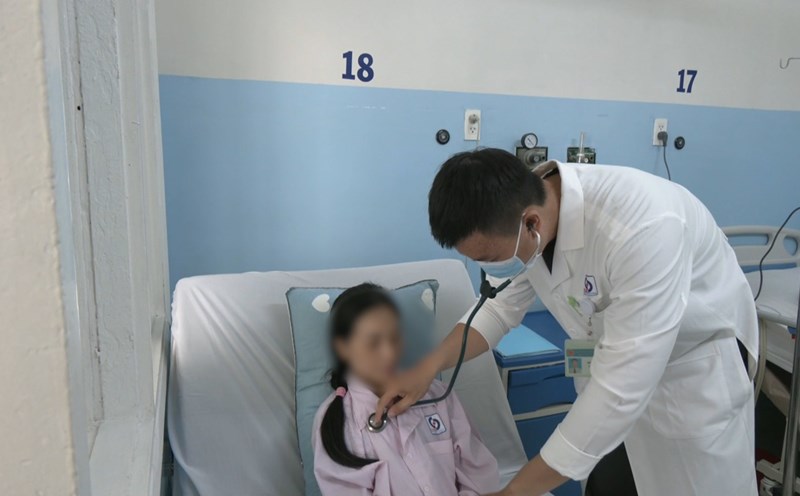Dr. Tickoo - Director of Internal Medicine at Max Superspeciality Hospital, Delhi (India) - said that E.coli bacteria can cause watery diarrhea, stomach pain and other digestive symptoms.
This toxin is so potent that it can damage the lining of the small intestine, leading to bloody diarrhea. Sometimes, the bacteria can also travel from the intestines to the urinary tract, leading to infection or pelvic inflammatory disease and wound infections.
When E. coli bacteria enters your bloodstream, it causes an inflammatory response in your body, which can lead to sepsis if antibiotics are not given promptly.
Signs and symptoms
If you have diarrhea caused by E. coli bacteria, you will have diarrhea, abdominal pain, cramps, loss of appetite, and a low-grade fever. If the bacteria affects your urinary tract, you will have pelvic pain, a painful or burning sensation when you urinate, a frequent urge to urinate, and cloudy, foul-smelling urine. You may become ill within a few hours to 10 days of exposure.
Source of infection
Dr. Tickoo suggests several sources of infection including:
1) Eating contaminated, undercooked or raw food such as unwashed raw vegetables.
2) Drinking contaminated water: E.coli is all around us in the form of feces from infected animals and humans, and can contaminate natural water sources and swimming pools.
3) You can get infected by sharing objects or surfaces with another infected person.
4) You can get infected by not cleaning the bathroom properly. Also, not washing your hands properly and not disinfecting bathroom surfaces such as flushing and doorknobs regularly.
Risk factors
E. coli can affect anyone. But some people are more vulnerable, such as children, adults over 60, people with underlying medical conditions, people with weakened immune systems, or people taking immunosuppressant medications needed for medical conditions such as cancer.
Stomach acid has a protective effect against E. coli. Therefore, if you take medications to reduce stomach acid, such as pantoprazole, you may increase your risk of E. coli infection.
Note
People can be treated with antibiotics. However, some strains of E. coli can become resistant to antibiotics due to overuse of antibiotics.
Sensitivity testing can tell you which antibiotics are effective and whether you need injections. That's why you need to be careful about which antibiotics you use for different health conditions.











